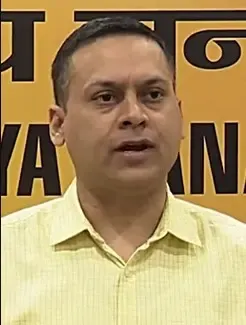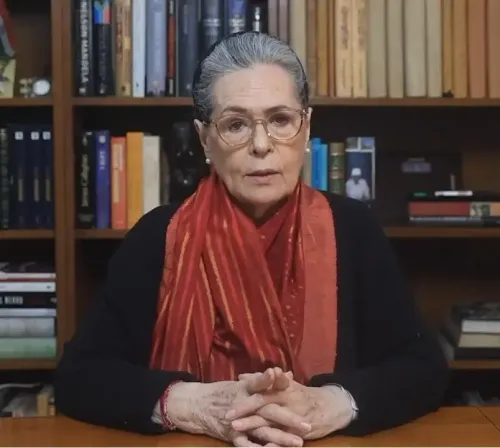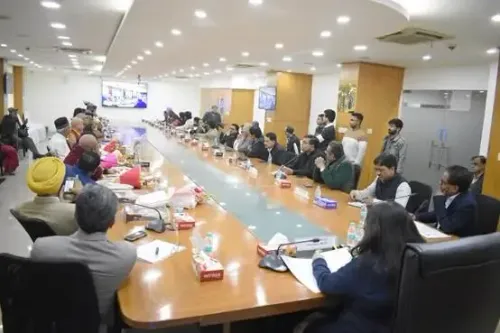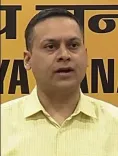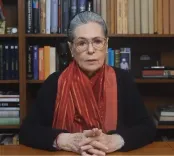Delhi Congress Leader Suggests Upcoming Candidate List, Criticizes AAP Government for Misleading Residents
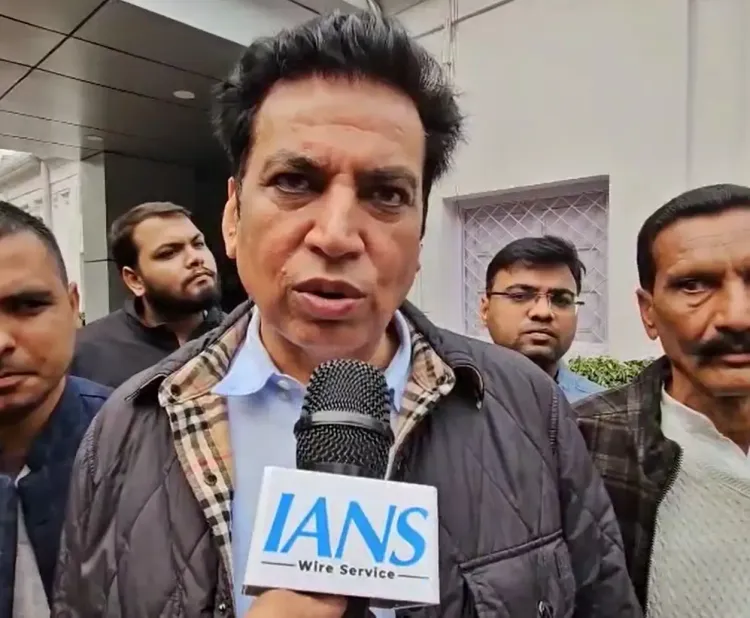
New Delhi, Dec 24 (NationPress) The Congress party convened its Central Election Committee (CEE) on Tuesday to finalize the names of candidates for the upcoming Delhi Assembly elections, which are set to take place early next year. Reports suggest that the party has likely selected an additional 35 nominees and may announce these names soon.
After the meeting, Delhi Congress chief Devendra Yadav told IANS that a thorough evaluation of potential candidates and their chances of winning was conducted during the session.
“Several names have been confirmed while others are still under consideration,” he mentioned, declining to disclose specifics about who will challenge Delhi CM Atishi in the Kalkaji constituency.
In its initial list, Congress put forth 21 candidates, including Sandeep Dikshit, son of former CM Sheila Dikshit, who will contest against Arvind Kejriwal, the AAP chief and former CM, in the New Delhi constituency.
The Delhi Congress committee president also criticized Arvind Kejriwal and the AAP government, claiming they have been misleading the residents of Delhi.
He stated that the residents of the city had provided Kejriwal with numerous opportunities, yet he has consistently let them down.
Instead of leveraging the Congress legacy to propel the city forward, he took it in the opposite direction, he charged.
“Kejriwal has continually deceived the people of Delhi. His policies are nothing more than a facade. Today, he makes grand promises of Rs 2,100, but the truth is that residents haven't even received Rs 1,000 as promised by the AAP administration,” he asserted.
He added that this predicament isn't exclusive to Delhi, as residents in Punjab are also suffering due to Kejriwal's false promises.
To this day, the people of Punjab are still awaiting the Rs 1,000 that the AAP government pledged.
He also criticized the Bharatiya Janata Party for bringing up the Rohingya issue just before the Delhi elections, questioning how the state government could be accountable for national security.



